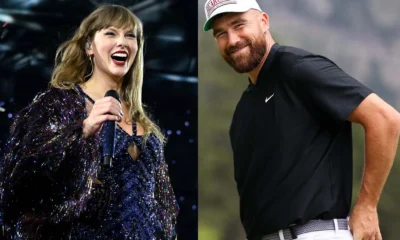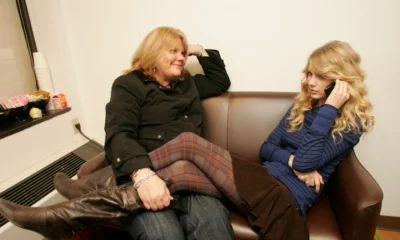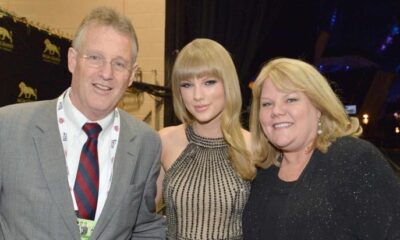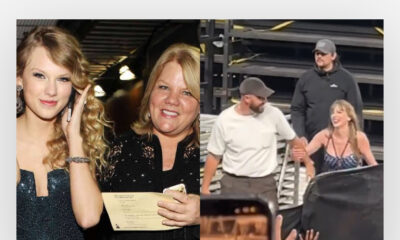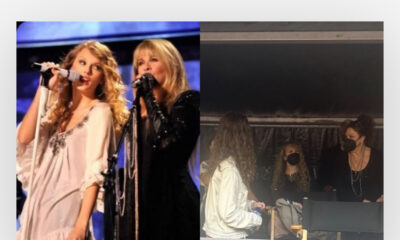NEWS
How film stars faded – and pop stars took over
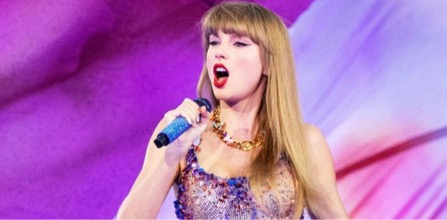
Taylor Swift heads to the UK in a fortnight, with cities braced for a jamboree of sparkly outfits, mass singalongs and boyfriends proposing during the final chorus of Love Story.

Fans are likely to spend hundreds of pounds on tickets, travel, accommodation and merchandise as they attend her record-breaking Eras tour.
But while the public can’t seem to get enough of seeing their favourite pop stars on stadium tours, their favourite actors aren’t drawing them to cinemas in the same way.
While casting a big star used to guarantee some level of success at the box office, the adulation which was once reserved for movie stars now seems to be directed at pop stars.
ADVERTISEMENT
There are all kinds of factors at play – including the move towards streaming, the impact of the pandemic, and the film industry’s over-reliance on franchises, sequels and superheroes.
But the trend is also arguably a reflection of how audience habits are evolving. Today’s fans crave authenticity – something you get with pop stars who write their own music, but not so much with actors who are by definition always portraying somebody else.
“I think our expectations of celebrities are changing in general,” The Hollywood Reporter’s Lily Ford tells BBC News.
“Music is extremely personal, the world’s most famous and glamorous people are pouring their heart out, and, for the length of the song, we feel as close to an artist as we would our best friend.”
British singer-actor Harry Styles arrives for the premiere of My Policeman during the Toronto International Film Festival in Toronto, Ontario, Canada, on September 11, 2022
IMAGE SOURCE, GETTY IMAGES
Image caption, Harry Styles, formerly of One Direction, completed a 169-date stadium tour last year
Artists writing from personal experience is nothing new, but “Taylor Swift has taken that to another level,” Ford says, “singing about vulnerable moments and relationships.
“It creates this illusion of accessibility to her private life, and that lends itself to abnormal levels of popularity, because it feels like you know this pop star on a personal level.
“And that’s just not quite the case with movie stars. We can’t feel like we know a film star when they’re never playing themselves the way pop stars appear to do, or at least a pseudo-version of themselves.”
None of this is to say there aren’t successful movies anymore. There are. But what links them is generally not the bankable box office star, but the intellectual property (IP) attached to the film.
Timothée Chalamet, for example, is hugely popular – but his most recent hits have been Dune and Wonka, which had their own existing fanbases and mythologies. For Tom Holland, there’s Spider-Man. For Margot Robbie, Barbie.
Many of today’s movie stars also appear in original, creative projects, but these often flop. Six months before Barbie became a phenomenon, Robbie starred opposite Brad Pitt in Babylon, which bombed at the box office.
The Fall Guy, starring Ryan Gosling and Emily Blunt and adapted from the 1980s TV series, was widely considered a surprise flop when it was released earlier this month.
The film was well reviewed, and Gosling and Blunt has great chemistry both in the film and on the promotional trail. But two hugely popular leads weren’t enough to make it a hit. It also had a tiny theatrical window before being released digitally, giving fans even less of an incentive to venture out.
Other recent star vehicles such as Challengers (starring Zendaya) have enjoyed some limited success, but today’s biggest hits are almost all character and franchise driven.

